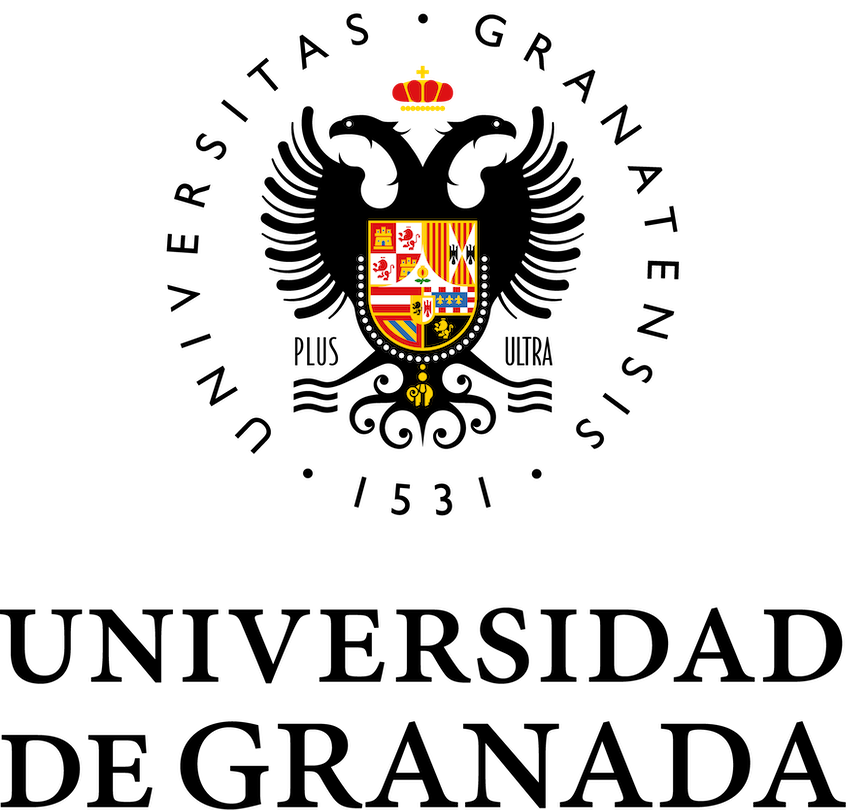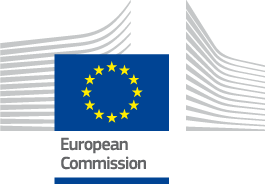The European Commission, through the Agencia Ejecutiva de Educación y Cultural (EACEA), concede el Módulo Jean Monnet a Proyectos cualificados por su excelencia docente e investigadora, por su carácter innovador y por su transferencia de conocimientos. Cada año, organizaciones de toda Europa solicitan al programa Erasmus+ apoyo financiero para miles de proyectos. En respuesta a esta demanda, la Comisión ha establecido un proceso de evaluación transparente cuyo objetivo es subvencionar los mejores proyectos.
The main objectives of the Jean Monnet actions are the following:
Address studies on the EU
Promote dialogue between academia and society
Including local, regional, state and EU policy makers, civil servants and civil society actors;
Generate knowledge and ideas
That can support EU policy-making and strengthen the EU's role in a globalized world;
Carry out research on areas of interest to the European Union
With active dissemination and education work, disseminating knowledge on EU issues to society in general (beyond the academic world and the specialized public) and bringing the EU closer to the general public.
The project developed in this Jean Monnet Module aims to raise awareness, sensitize and teach the EU's common policy on equality with a multidisciplinary perspective. In particular, the Jean Monnet Module aims to convey to its different recipients (university students, social agents, political leaders and the general public) the equality measures implemented by the European Union and, in particular, those adopted against gender violence and against domestic violence. Likewise, the aim is to publicize the legislative initiative for a Directive of the European Parliament and of the Council of May 14, 2024 on the "fight against violence against women and domestic violence", highlighting the sensitivity of the European Union towards these phenomena.
The Jean Monnet Module not only educate on equality policies and those aimed at fighting against gender violence and family violence, but will also raise awareness among its recipients about a very specific aspect: the treatment that the European Union proposes the inclusion of migrant women and women of migrant origin who are victims of gender violence or domestic violence.
This group of women is classified by the aforementioned for a Directive of the European Parliament and of the Council of May 14, 2024 as a “risk group”.




